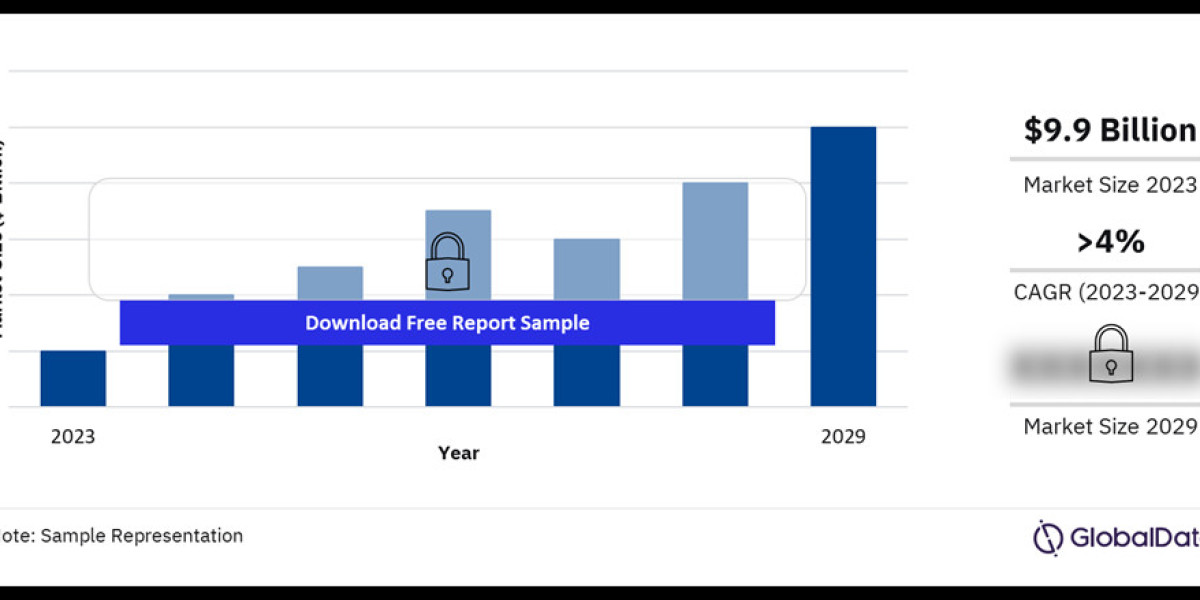Incorporating Microsoft Dynamics 365 to your business operations will serve many benefits by automating the processes.However it largely depends on the Microsoft Dynamics partner you choose. There are a multitude of companies available offering best erp solutions in saudi arabia. Selecting the best one can be a challenging task.
Let's learn through the process of evaluating and choosing the correct Dynamics partner to meet your business's needs.
Understand Your Business Needs and Objectives
Take note of the following issues when defining your requirements:
What processes do you wish to use Dynamics 365?
What specific modules are crucial to your business?
Do you require any customizations or integrations with third-party companies?
What are your next goals regarding growth, scalability, and system expansion?
Understanding microsoft dynamics solutions in saudi arabia will help you determine which vendor has the knowledge and expertise to provide an appropriate solution.
Assess Industry Expertise
Not every one of Microsoft Dynamics' partners has experience in every field. Some specialize in particular areas like manufacturing or healthcare, finance, retail, and competent services. Selecting a company already working within your industry. This will allow you to ensure that they know your specific issues and can design the system in accordance with your requirements.
A manufacturing industry will need someone who knows how to set up Dynamics 365 for production planning, inventory management, and shop floor management. Same goes for retail, the partner must know about the point-of-sale system, omnichannel customer experiences, and supply chain management.
Tips: Ask your partner for examples or other references from companies within your field to assess their competence and success in providing specific solutions to your industry.
Consider Microsoft Certifications and Competencies
Microsoft offers a range of qualifications and certifications for Dynamics partners based on their experience in deploying Microsoft products. These certificates demonstrate a partner's competence and capability to help provide high-quality solutions.
Search for partners who have obtained Microsoft Gold or Silver Competencies, Particularly in areas such as:
Cloud Business Applications
Enterprise Resource Planning (ERP)
Cloud Performance
Certified partners are also more likely to keep up with the latest technologies and perfect methods from Microsoft and ensure they can warrant that their Dynamics 365 solution will be modern and cutting-edge.
Assess the Partner's Technical Expertise
The partner's technical expertise are essential for success. Your partner should possess expertise in technical talent to use these features to maximize the efficiency of your Dynamics implementation.
A few areas of technical research to consider include:
Personalization and development: Does the partner have the ability to adapt Dynamics 365 to satisfy your specific business requirements? This could mean creating customized workflows, plugins, or dashboards.
Third-Party Integration Do the partners have experience integrating Dynamics 365 with other systems your company utilizes, such as CRMs, e-commerce platforms, or even older systems?
Data Transfer Migration of data from an older system into Dynamics 365 can be a complicated process. Make sure the partner has expertise in data transfer and can ensure data accuracy and security.
Tips: You can inquire whether the partner uses DevOps Agile, DevOps, or any other methodological approach to oversee all technical elements of the work. A reliable partner should have established processes to deliver quality work on time within the agreed timelines and budgets.
Review Partner's Project Management Approach
A Successful project management method will help meet your business goals.
A few aspects to take into consideration include:
Application Methodology Does the company follow a methodological framework like Microsoft's Sure Step methodology, Agile or Waterfall? What is their approach to managing the entire lifecycle of a project from planning and discovery to implementation and go-live?
Communication: How does the partner share developments, potential risks, and changes during the project? Regular updates, clear communication channels, and stakeholder participation are vital for a successful implementation.
Timings and Milestones Do the partners favor an organized plan for the project with clearly defined timelines for milestones and deliverables? What is their approach to issues or delays?
Post-implementation support: What type of support does the partner provide after the system goes live? It is essential to warrant that they offer post-implementation assistance to resolve any issues that might be encountered and focus on giving regular training or system improvement when required.
Tip: Ask to meet with the team lead or the project manager who will oversee your implementation. This will help you understand their management style and methodology.
Assess the Partner's Training and Support Services
The performance you get from the success of your Dynamics 365 implementation won't stop with the date of go-live. Your employees need to be taught to utilize the system effectively, and you'll require constant support to fix any problems and ensure that the system is functioning smoothly.
Talk to the partner about their support and training services:
Programming for Training Do the partners offer a comprehensive training program for your employees? Do they bring specific training for roles in different departments like sales, finance, or IT?
Support levels: What kind of post-implementation support do they offer? Do they provide 24/7 support, dedicated account managers, and Service Level Agreements (SLAs)?
Maintenance and System Upgrades: How does the partner handle system upgrades, patches, and regular maintenance? Dynamics 365 is a constantly changing platform, so it is essential to find an expert partner to keep the system updated and safe.
Tips: Check that the company offers flexible learning options (in-person or virtual, self-paced) and a clearly defined escalation procedure for dealing with important system issues.
Look for a Strong Cultural Fit
Do you ask yourself:
Does the person you partner with show the ability to get to know your business and adjust their approach to suit your needs?
Are they honest in their pricing and communication?
Do they work in a team with you, listening to your demands and delivering a customized solution instead of a generic method?
Conclusion
Selecting the best Microsoft Dynamics partner is a significant challenge.You can select the right partner to with focus on industry knowledge and technical expertise, project management, training and support services, and cultural fit.Consider evaluating numerous partners, getting references, and learning how they can adapt their services to your individual needs. If you have the right partner on your side, the Microsoft Dynamics 365 implementation will be well-positioned for growth and success over the long term.








